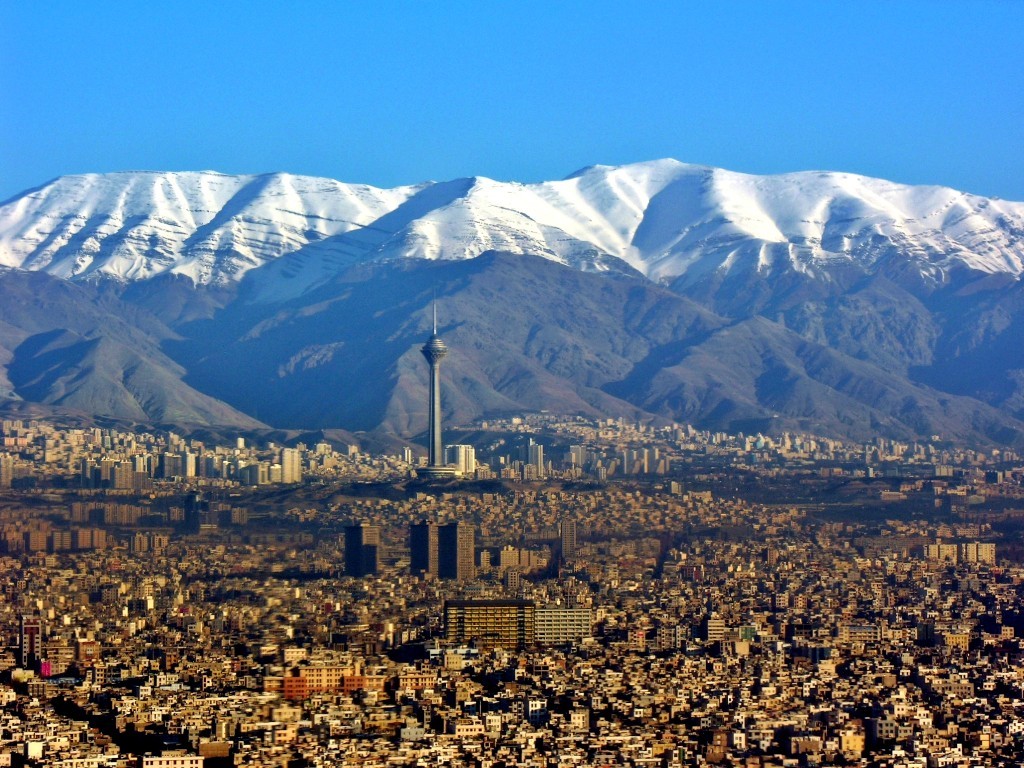
Iran could become the most prosperous country in the region following the lifting of sanctions, according to the Economist Intelligence Unit.
Research by the Unit suggests the lifting of sanctions has made Iran one of the most exciting new emerging market opportunities in recent years.
Iran occupies an unusual position among Middle East oil exporters in that it has the largest natural gas reserves in world, boasts the fourth-biggest oil reserves, yet it also has a diversified economy, including a significant manufacturing sector. It also has a large, youthful, well-educated population.
These positives, of course, are offset by a less welcoming business climate where vested interests still affect the economy, not least in the energy sector where the country’s Republican Guard’s engineering division holds sway.
The EIU believes the finger of blame for Iran’s tricky operating environment should not be pointed solely at Iran; an array of residual US sanctions can snare the more unwitting investor, and Iran’s economic momentum is still too dependent on the vagaries of the global oil market. There will be some efforts to improve the business environment through regulation, but this will be hindered by opaque and powerful vested interests.
Robert Powell, the Iran analyst at the Economist Intelligence Unit, said, “The lifting of sanctions against Iran is a watershed moment in the country’s history. It has restored the country to the global community and has thrown open its doors for global investment.
“It is one of the most exciting global markets but there are still a large number of regulatory impediments to business that need to be overcome.”
“Over the next five years the most immediate driver of growth will be the rapid recovery in oil exports; we expect these to rise by up to 700,000 barrels/day by the end of 2016, but believe it will take several years before Iran returns to its pre-sanction production levels.”
The lifting of nuclear-related sanctions will lead to a sharp uptick in inward investment and will boost Iran’s non-oil sectors, but Western banks will avoid Iran for the time being.
Iranian vehicle sales will be set for strong growth with average annual growth in new car registrations to reach 10.6% in 2016-20, pushing annual sales to two million in 2020.
The re-appearance of Western, especially European, goods and brands in shops will be complimented by the accelerated shift towards larger retail units.
Recommended for you
